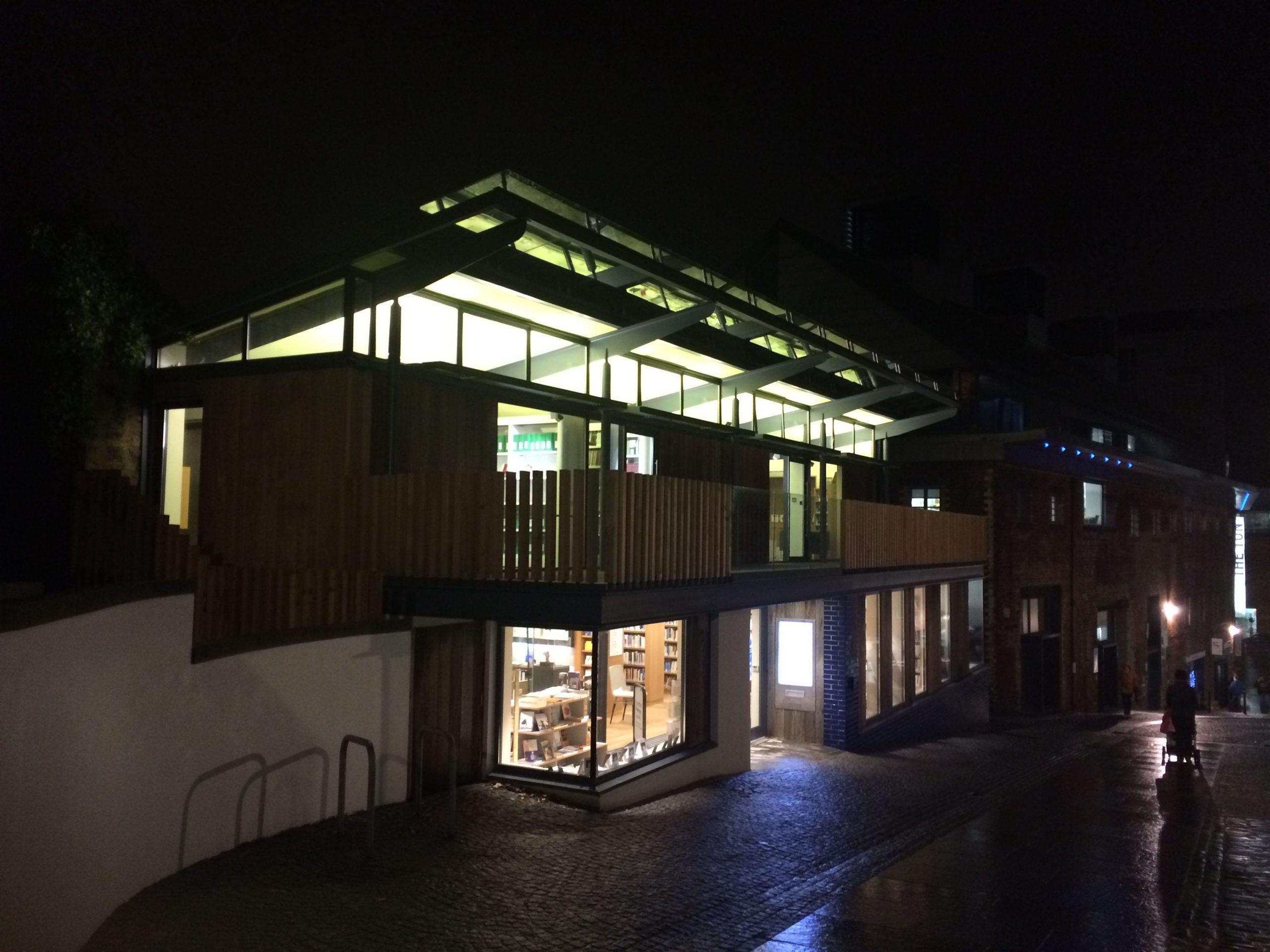It is almost impossible to think of Scottish poetry without thinking of the triumvirate of Liz Lochhead, Carol Ann Duffy and Jackie Kay. However, women were not always so well represented in the Scottish poetry scene, and it is only since the 1970s that their voices have received similar prominence to their male counterparts.
Although the event mainly focused on these giants of Scottish women’s poetry, Glenda Norquay made it clear that the scene is not limited to these three alone. Indeed, Norquay claimed that of one of the unifying characteristics of Scottish women poets is their ‘not-ness’: a state of being and not being mothers, being and not being part of tradition and being and not being Scots.
Lochhead’s ‘Social History’ is a striking example of the first of these themes. Her assertion of her mother’s ‘not-ness’ is not a denial of value. Rather, Lochhead’s acceptance of the differences between herself and her mother is an illustration of feminism in action; both women’s choices and lifestyles are shown to be equally valid.
The idea of Scottish women poets being and yet not being part of tradition stems from the lack of representation of women among Scottish poets until the 1970s, but also from the degree to which some Scottish women poets have challenged dominant poetic paradigms. In ‘Bemused’, Alison Flett rebels against the exclusive language of the poetic canon by showing the absurd pretentiousness that goes along with it, while Ellie McDonald’s ‘On Not Writing Poetry’ captures the conflict between the routine of traditional female roles and the slightly haphazard nature of creativity.
The mixed status of Scottish women poets as both being and not being Scots was emphasised by Liz Lochhead when she was interviewed later in the evening by Colin Waters. Lochhead theorised that because Scots have historically been othered by the rest of the UK there is little room within Scottish culture for other ‘others’ in the form of women.
While both a feminist and a poet, Lochhead has never described herself as a “feminist poet”. Although she never felt her gender was a barrier to her becoming a poet, and encountered very little sexism from her male mentors, her experience was not typical among Scottish women poets.
Lochhead lacked female Scottish mentors, but made up for this through her own determination that poetry is not gendered, echoing Virginia Woolf: “I decided long ago that Anon. was a woman.”
Image: John Lord

